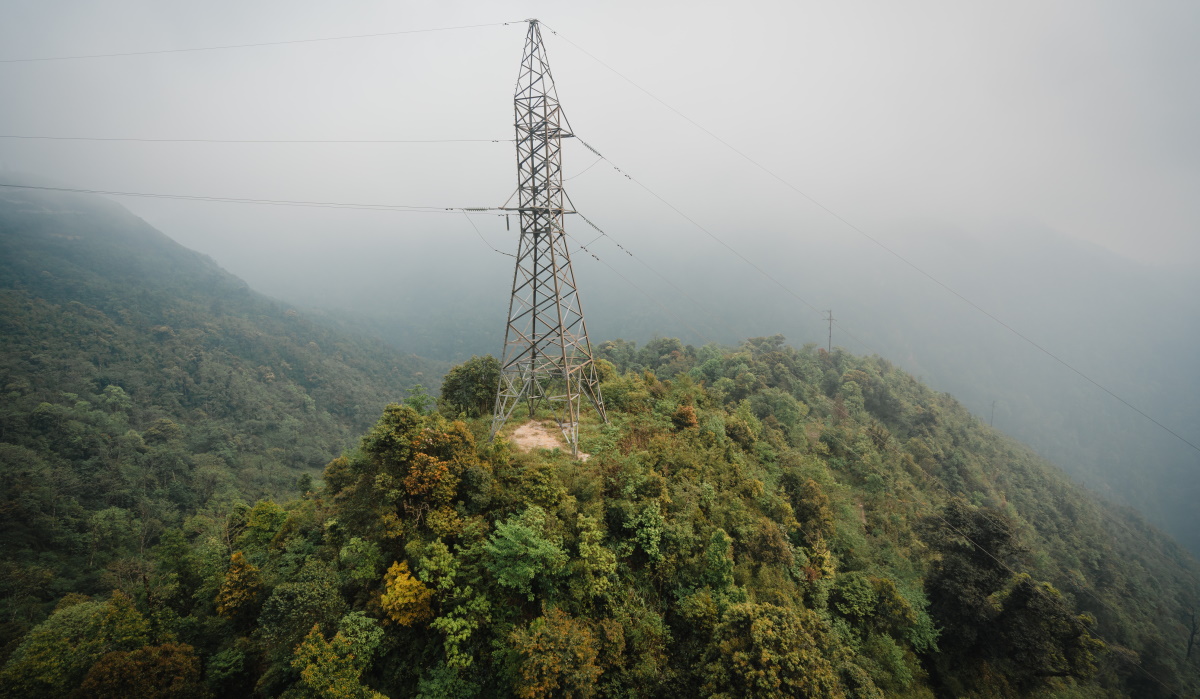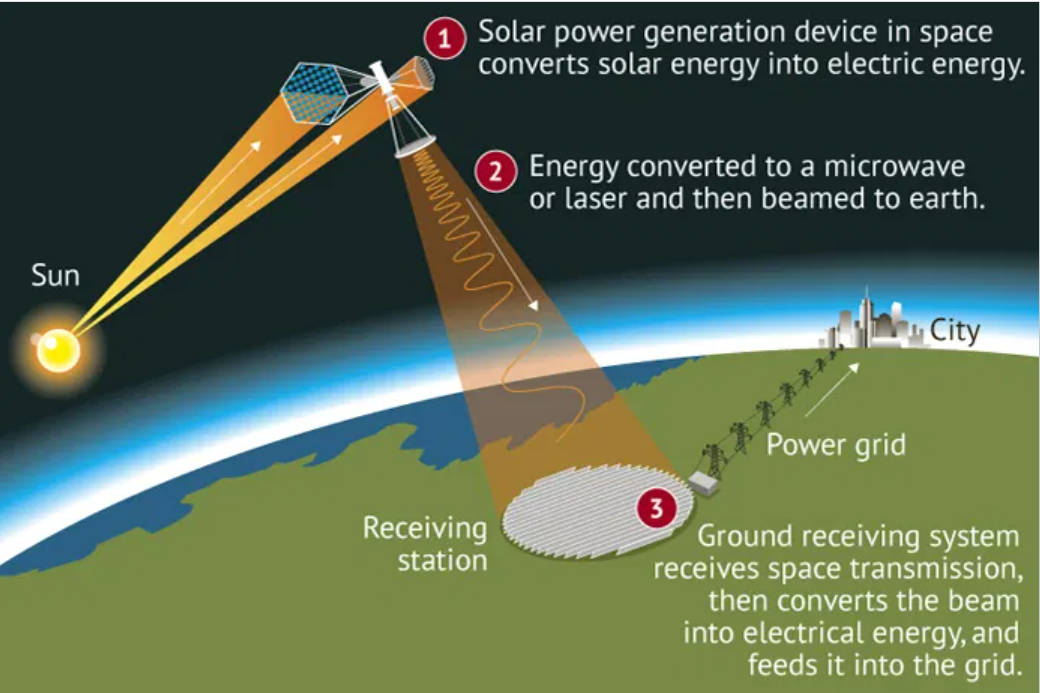If electricity is going to be clean, why should we care about demand?
It’s a question I hear more frequently, both in everyday conversations and amongst people working in energy.
The clean energy record book keeps getting rewritten. Globally, the lowest costs for solar and wind contracts keep falling; they are the cheapest, low carbon electricity resources and, in some places, now cheaper than fossil fuel generation. Investment levels keep rising; more than half of power generation investment globally is in renewables and more than half of the resulting new capacity. Coal use is beginning to decline.
Despite the good news, a rapid transition to a renewable energy system remains challenging. Demand for energy services in developing countries will, rightly, continue to rise. And complete energy system decarbonisation involves replacing fossil fuel use in transport and heating, not just electricity. The decarbonisation challenges for investment, implementation and governance are huge. And there is a political imperative to deliver energy access, security and affordability at the same time.
In this context, improving efficiency and reducing demand still play a major role. Analysis at an international level (e.g. by the IPCC and the IEA) as well as studies for many key countries (including China and the USA, as well as most of the EU) show that a 50% reduction in demand below business as usual levels by mid-century forms part of a sensible decarbonisation strategy.
Our own work in Integrate emphasizes another issue. In a world of variable and inflexible supply, demand will need to be more flexible. The future “demand agenda” will be about more than efficiency and conservation. In short, it will be about where, when and what type of energy is used, as well as how much. And it is energy users who will be the key actors in many aspects of the energy transition from flexible demand and distributed storage, through to self-generation and fuel switching.
So, the answer to the question is clear. As we move to a system based on renewables, there are more issues relating to energy demand that need to be addressed and more urgently. Controlling energy demand is getting more important, not less.
Nick Eyre,
Programme Co-Director




